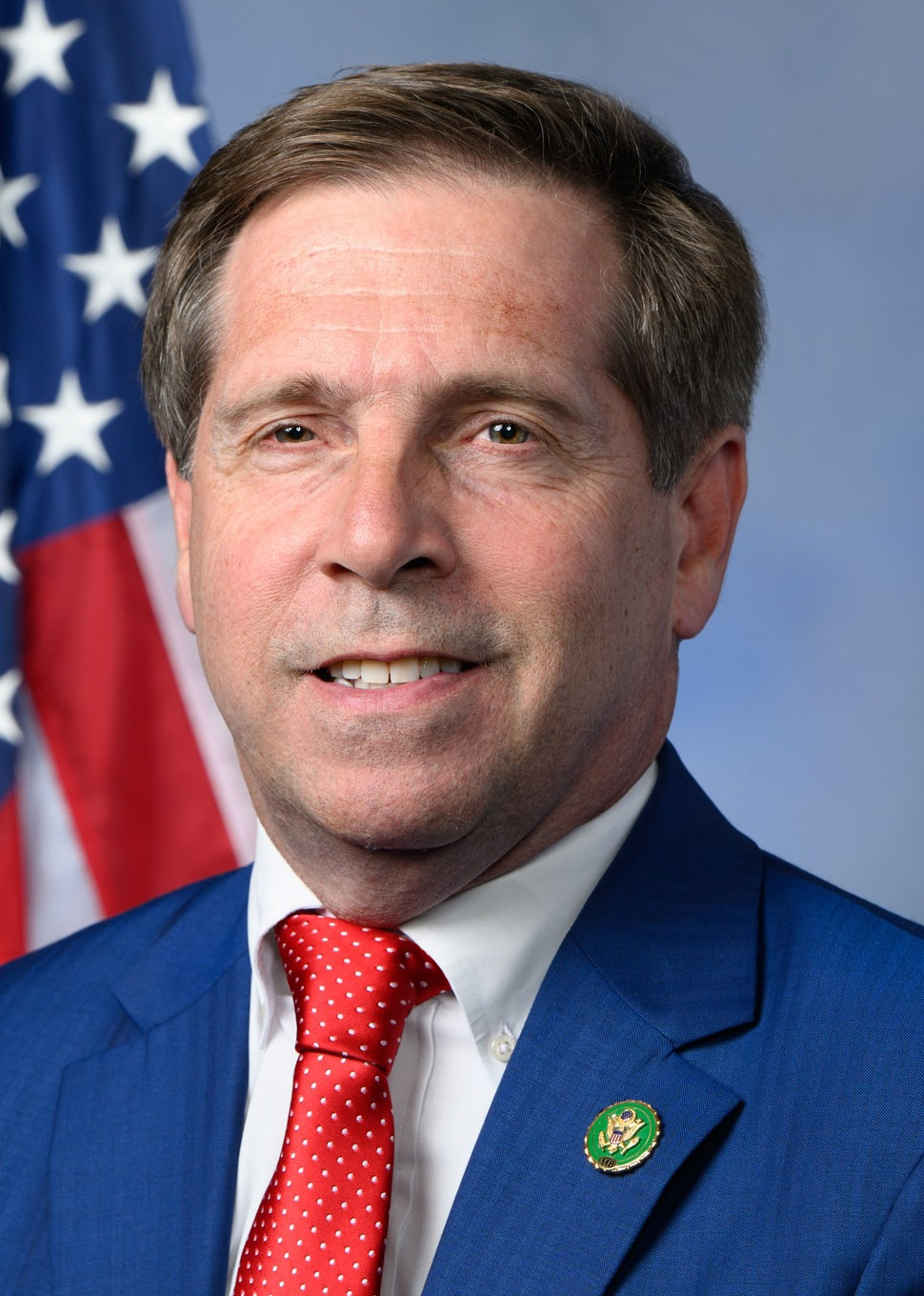Broad nuclear aspirations discussed in Atoms for Appalachia launch

Fleischmann
U.S. Rep. Chuck Fleischmann is all about energy—specifically nuclear energy.
On March 20, the GOP congressman from Tennessee joined the official launch of Atoms for Appalachia, the new report from the Atlantic Council Global Energy Center that studied opportunities for deploying advanced nuclear energy in the area to spur economic development.
The council hosted a series of Atoms for Appalachia (A4A) workshops in 2024 in North Carolina, Pennsylvania, Tennessee, and West Virginia in partnership with the Breakthrough Energy Foundation. The sessions explored workforce demand, partnership opportunities, and innovation happening across the nuclear industry.





 The Atlantic Council’s Global Energy Center has issued a report,
The Atlantic Council’s Global Energy Center has issued a report,